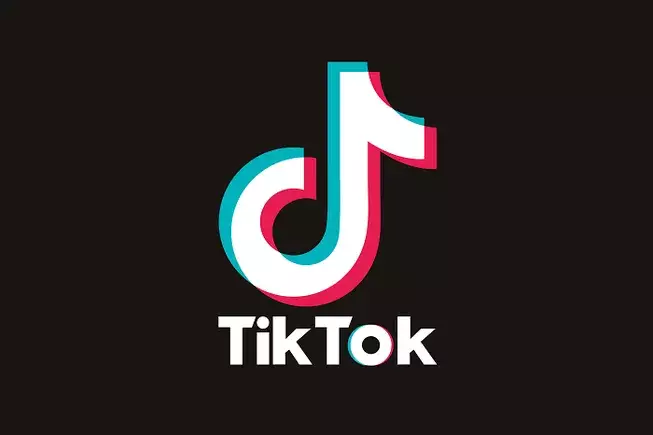In recent times, TikTok has become a focal point in discussions surrounding digital security and sovereignty in the U.S. The widely popular app faced significant scrutiny and threats of a ban due to its ties to China through its parent company, ByteDance. Throughout this tumultuous journey, influencers and businesses dependent on the platform held their breath, waiting to see whether their favorite content-sharing app would face a permanent removal from the American digital marketplace. Recently, TikTok was reinstated in both the Google Play and Apple App stores, a surprising turn of events that exemplifies the shifting dynamics of technology, politics, and international relations as they converge on social media platforms.
The reinstatement follows a series of complex interactions between the app, its stakeholders, and the U.S. government. Originally, under the “Protecting Americans from Foreign Adversary Controlled Applications Act,” TikTok was at risk of being banned unless it sold its operations to a U.S.-based company by January 19. The absence of any conclusive deal left the app teetering on the edge of prohibition. However, the political landscape shifted with President Trump’s inauguration, and he signed an executive order granting TikTok an additional 75 days for negotiation, thus temporarily alleviating the app’s existential threat in the American market.
This executive order was critical, though it did not fundamentally overturn the underlying legislation mandating the sale of the app. Instead, it offered a semblance of breathing room for negotiations that have become increasingly vital given the strategic interests at play. Moreover, Trump’s administration has assured U.S.-based service providers—such as Oracle—that they will not face penalties for allowing TikTok’s continued operation, even in light of its controversial status.
In the wake of these developments, major players like Apple and Google initially took the more cautious route by removing TikTok and other associated apps from their stores. Their actions were largely influenced by the uncertainty surrounding compliance with the regulations and fear of potential backlash from the government. However, as the political landscape became clearer—with Attorney General Pam Bondi providing legal assurances against potential prosecutions—the situation turned in favor of TikTok.
Now that TikTok and its allied applications are accessible once more, users across the nation can resume their interactions with an app that has, for many, become integral for social networking and content creation. Still, questions linger about the sustainability of this newfound clarity. The prospect of U.S. interests buying into TikTok has sparked various discussions among giants like Microsoft, Oracle, and Amazon. However, any agreement remains an uphill challenge due to the necessity of approval from Chinese authorities.
Despite the renewed operational status of TikTok, with President Trump expressing a peculiar fondness for the app—including his personal following of over 15 million on the platform—the clarity of TikTok’s future remains questionable. The complexities surrounding global digital commerce and national security issues set the scene for a potential deal that could reshape the app’s governance in the U.S. Yet, it is imperative to recognize the interplay of stakeholders: while TikTok officials engage in negotiations with the Trump administration, they are simultaneously navigating the delicate waters of compliance with Chinese regulations.
While TikTok is temporarily back in action, the cyclic nature of regulatory scrutiny presents an ever-looming threat to its operational stability. As negotiations unfold and political sentiments shift, the app’s accessibility in the U.S. remains a tenuous securities theater, dependent on geopolitical dialogues and corporate negotiations. It is an unfolding saga that illustrates how intertwined technology, politics, and culture have become in the digital age, serving as a reminder of the volatile landscape that social media platforms navigate today.


Leave a Reply